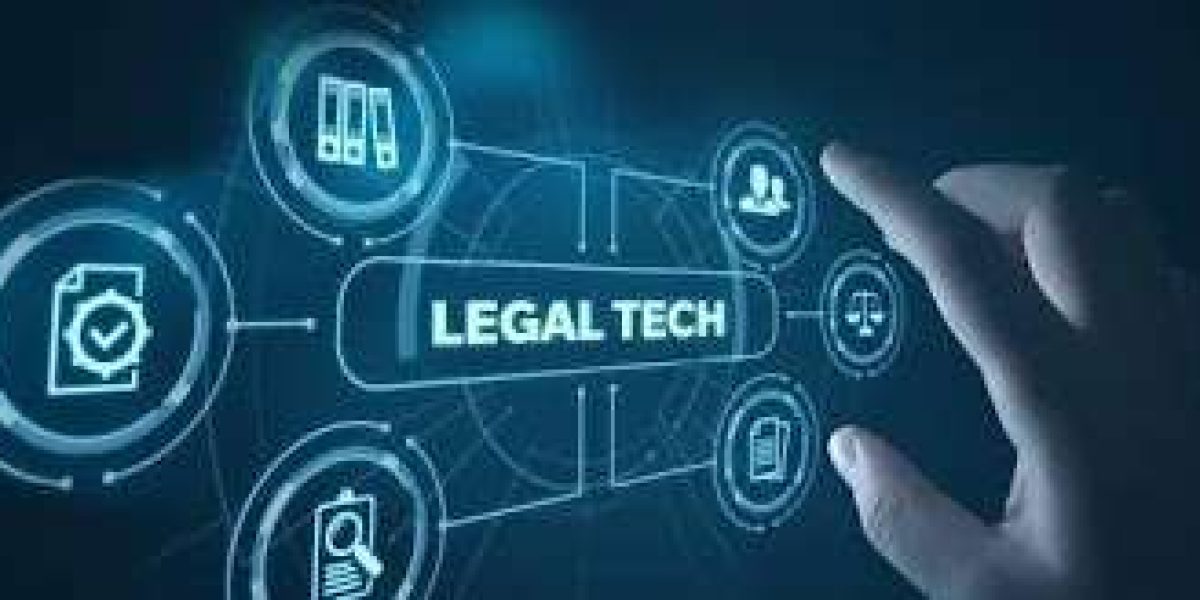Technology is shaping every industry – the legal industry is no exception. The use of technology in the legal industry, including the use of software, tools, and systems to support legal work and processes is bringing revolution to this industry. There is no doubt that several new technologies are rapidly changing the legal industry: Artificial intelligence (AI) and machine learning (ML), Blockchain technology, Legal analytics tools, Online dispute resolution, Legal project management software, Legal chatbots, Virtual assistants and many more.
Let’s discuss some of these that have proven utility in the legal industry:
1. Legal Research Tools
Legal research tools are software and online platforms that enable lawyers and other legal professionals to access and search for relevant legal information, including case laws, statutes, and regulations. Legal research tools can be online platforms or software that can be used on a computer or other device. Some examples of legal research tools are LexisNexis, Westlaw, Fastcase, Casetext, etc. These Legal research tools are helping the legal industry in several ways: Streamlining legal research, Improving accuracy and consistency, Enhancing efficiency, Time-saving, and many more.
Gone are the days of shelves of leather-bound books that a lawyer needs. These tools now help lawyers save time by allowing them to quickly search for and access the legal information they need in a single search. They can also provide access to a wide range of legal sources, including news, business, and financial information, making it easier for lawyers to find the information they need. Legal research tools can help improve the accuracy and efficiency of legal work by helping lawyers access and search for legal information more accurately and consistently.
2. Online Dispute Resolution
Online dispute resolution platform refers to the use of technology, such as the internet, to resolve legal disputes through online mediation or arbitration. Here are some examples of online dispute resolution platforms: eBay’s Resolution Center, PayPal’s Resolution Center, SquareTrade, Modria, Online Mediation, etc. These platforms can be used to resolve a wide range of disputes, including those involving e-commerce, employment, real estate, and more. Not only these private players, the regulatory bodies such as RBI and SEBI in India are already using ODR to provide effective mechanisms to an aggrieved person.
It comes with several benefits like allowing parties to resolve disputes remotely, which can be more convenient than having to meet in person or travel to a physical location. It is far less expensive and faster than traditional methods of dispute resolution, such as litigation, as it often involves lower fees, fewer expenses and efficient resolution of disputes. ODR also helps in reducing the workload of courts by allowing parties to resolve disputes outside of the court system, freeing up courts to focus on more complex cases. ODR is changing the legal industry by increasing access to justice, streamlining the dispute resolution process, reducing the workload of courts, and improving efficiency.
3. Artificial intelligence and machine learning
Artificial intelligence (AI) and machine learning (ML) are technologies that are being used in the legal industry to automate various tasks and processes, improve efficiency, and provide insights. Agiloft and LawGeex are examples of contract analysis software that use AI and ML to analyse and extract information from contracts, such as terms and conditions, and identify potential issues or risks. Likewise, eBrevia and Kira Systems are examples of legal document review software that use AI and ML to automate the process of reviewing and analysing legal documents.
These are just a few examples of AI and ML technologies that are being used in the legal industry to automate various tasks and processes, improve efficiency, and provide insights through the analysis of legal data.
4. Blockchain Technology
Blockchain technology is a distributed ledger technology that allows multiple parties to record, verify, and share transactions and other data in a secure and transparent manner. Popular example includes – Ethereum, an open-source blockchain platform, that allows users to create and execute smart contracts & Hyperledger Fabric, an open-source blockchain platform used to create tamper-proof records of legal transactions, such as contracts and deeds.
Blockchain technology is being used in the legal industry to create tamper-proof records, streamline legal processes, reduce the need for intermediaries, and enhance security and privacy. Parties may choose to use blockchain technology in the legal industry to take advantage of these benefits.
5. Legal Chatbots and Virtual Assistants
Legal chatbots and virtual assistants are AI-powered software programs that are being used in the legal industry to automate various tasks, provide legal information and assistance to users, and improve efficiency. Legal chatbots and virtual assistants can provide users with legal information and assistance, such as answering common legal questions or helping users find a lawyer. They can also automate tasks, such as scheduling appointments or sending reminders, which can help improve efficiency and reduce the workload of lawyers and other legal professionals.
In addition, legal chatbots and virtual assistants can help improve customer service by providing timely and accurate responses to users’ questions and needs and can help reduce costs by automating tasks and providing legal information and assistance to users without the need for human intervention. Some examples of legal chatbots and virtual assistants include DoNotPay, LawDroid, Avvo Advisor, and LawGeex Legal Assistant.
6. Legal Management Software
Legal management software is a type of software that is used in the legal industry to manage various tasks and processes, such as case management, document management, billing and invoicing, and project management. Traditionally, billing has been a cumbersome task, especially for lawyers and legal firms. Legal management software helps lawyers and other legal professionals manage their cases, documents, billing and invoicing, and workload, and improves efficiency and organisation.
Some examples of legal management software include Clio, LexisNexis InterAction, Matter360, and Smokeball. These softwares can help lawyers and other legal professionals manage their workload, track project progress, and collaborate with team members. This can help improve efficiency and organisation. Overall, legal management software is helping the legal industry by managing various tasks and processes, improving efficiency and organisation, and reducing the risk of errors.
In conclusion, legal technology is an umbrella term that refers to the use of technology in the legal industry. It includes tools and systems that support legal work and processes and offers several benefits to the legal industry, such as legal research tools, legal document management software, legal practice management software, electronic discovery tools, legal analytics tools, legal project management software, and legal chatbots and virtual assistants. While the legal industry has always been a slow adapter of the latest legal technologies, many law firms focusing on adapting these technologies surely have an edge over others who don’t.




